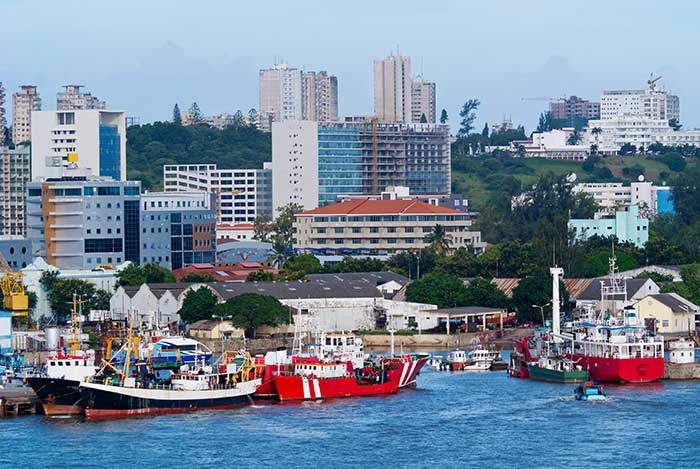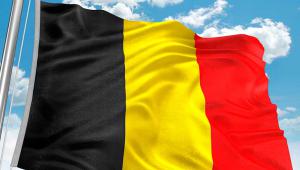web_maputo_shutterstock_135679997.jpg

A port in Maputo, the capital of Mozambique
The bank said that while economic prospects remain sound, it is vital the country gets a grip on short-term pressures and risks arising from soaring public debt, state-owned enterprises and public private partnerships.
Mark Lundell, World Bank country director for Mozambique, stressed that it is increasingly important that the country’s government thoroughly assesses risks and increases transparency through greater disclosure.
The World Bank’s Mozambique economic update only reflects on events up to March 2016, meaning the recent revelations about billions of dollars of secret debt and the subsequent suspension of billions of dollars in aid payments from major donors are not considered.
Even so, the bank notes that Mozambique’s economic performance has eased to its slowest pace since 2009 amid a commodity price slump that is affecting resource-reliant countries worldwide.
It said these difficult conditions are aggravated by falling investment levels and rising public debt, which now stands at $11.6bn according to prime minister Carlos Agostinho do Rosario.
Last year, foreign direct investment fell by 24%, exports by 24% and growth to 6.3%, the bank said.
The report projected this will continue through 2016, with continued declines in oil prices, ongoing drought and further fiscal tightening causing a further slowdown in growth to 5.8%.
It noted this outlook is subject to further downward risk if investment levels remain subdued and if rising debt levels lead to sharper fiscal and monetary problems – a scenario that now looks much more likely as billions of dollars of planned aid payments are put on hold.
The International Monetary Fund, World Bank, and UK’s Department for International Development have all suspended funds to Mozambique after it emerged the government had withheld information on $1bn worth of government-guaranteed debts from donors.
The IMF has said it will not deliver a $165bn disbursement to the country, while the World Bank has suspended $40m.
This marks a significant blow to an already struggling budget that relies on aid as about a quarter of all finance.
The World Bank said government guarantees, state-owned enterprises and PPPs have accumulated liabilities at a “rapid pace, while due diligence mechanisms to govern them more efficiently lagged”.
The loans hidden from donors by the government stemmed from two state-owned companies and were largely used to purchase security and maritime equipment.
A few weeks before the revelation Mozambique had already come under fire for issuing an $850m bond in order to set up a tuna fishing company, only to spent $500m again on maritime equipment.
In the wake of the scandal, Fitch Ratings downgraded Mozambique’s credit grade to CCC from B and stated that taking into account the additional liabilities, the nation’s public debt was equal to 83% of GDP last year.
With the majority of that held in foreign currency and the country’s currency, the metical, rapidly depreciating, Fitch cast doubts on Mozambique’s ability to pay.












